This memorandum is to serve as a basic refresher regarding Recovery Court. Recovery Court, which has been in existence for over 20 years, serves as a diversionary sentence for non-violent criminal offenders. The crimes do not have to necessarily involve controlled dangerous substances. Rather, the crimes must have been committed as the result of a person’s drug/alcohol addiction or in furtherance of a person’s addiction. Recovery Court targets offenders who would be most likely to benefit from treatment and who do not pose a risk to public safety. Should a defendant be offered an attractive plea deal, the question becomes whether the sentence would be the best recourse for a defendant with addiction issues.
A defendant may be reviewed mandatorily for Recovery Court. This would be done by the Criminal Court staff. The staff would screen the defendant to determine whether there is any statutory prohibition (such as the defendant facing a first-degree crime or the defendant having possessed a firearm at the time of the crime) from the defendant being considered for Recovery Court. If the defendant passes the initial screening, then the judge may refer the defendant for a TASC evaluation to determine clinical eligibility. A defendant may also voluntarily apply for Recovery Court.
Through either route, the case will be reviewed by Recovery Court’s Assistant Prosecutor to determine legal eligibility. If the person is deemed clinically eligible but legally ineligible, then the defendant may request that the Recovery Court judge review legal eligibility.
A defendant may plead to a crime and then apply to Recovery Court. If fully qualified, then the Recovery Court judge will handle the sentencing. If a defendant is accepted into Recovery Court before a plea, then the Recovery Court judge will handle both the plea and the sentencing.
Recovery Court is a five-year probationary sentence. However, because successful graduation from Recovery Court includes a minimum two years in Recovery Court and a full year of clean time, it is possible for a person to complete Recovery Court and be eligible to graduate in approximately two years. Moreover, a person facing a VOP may wish to consider applying for Recovery Court if they have the requisite time remaining.
Recovery Court is an intense abstinence-based program. It integrates alcohol and drug treatment services with the court. Aside from random testing, the participants meet regularly with their probation officers and with the Recovery Court judge. Recovery Court strives to treat addiction and reduce recidivism. Moreover, upon successful graduation from Recovery Court, the participant will have their record reviewed to determine if the participant would be entitled to an immediate expungement of their New Jersey criminal record.
Assistant Prosecutor Melanie Silletti and Assistant Deputy Public Defender Ben Malin are currently assigned to Recovery Court. The Recovery Court coordinator is Will Hernandez. Dan Scavetta is the Team Leader. Attorneys may contact them for additional information.
Honorable Mitchell Steinhart, J.S.C., Recovery Court Judge
June 5, 2024

